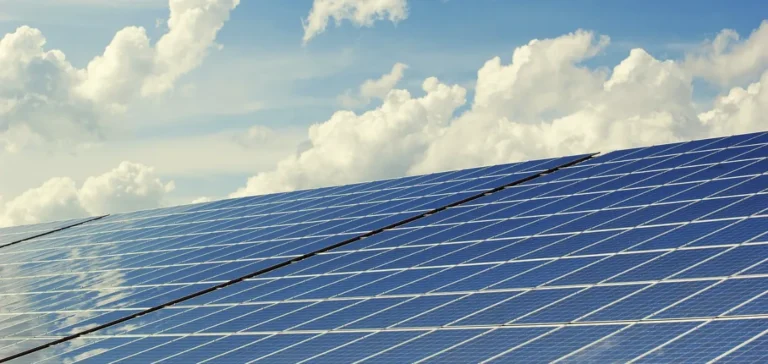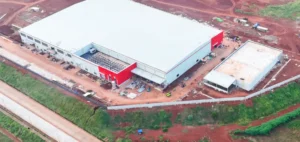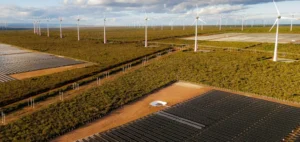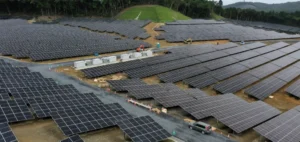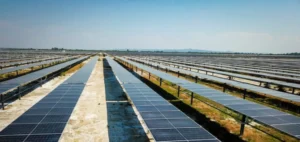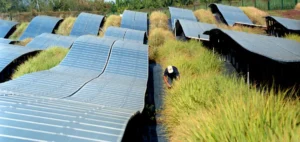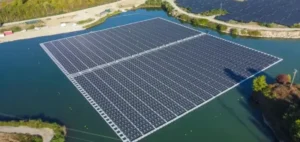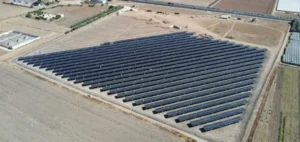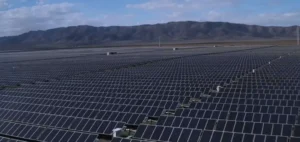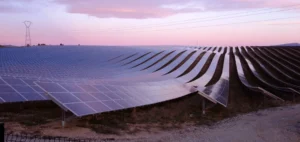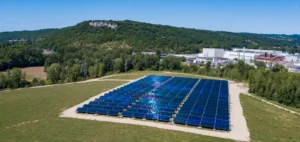The African Development Bank (AfDB), through the Sustainable Energy Fund for Africa (SEFA), is committed to providing $8 million out of the $26.5 million needed for the completion of the Ilute solar project in Zambia. Developed in the western part of the country by an Independent Power Producer (IPP), the project is planned to have an installed capacity of 32 MWp and will connect to the Southern African Power Pool (SAPP). The electricity produced will be sold under a Power Purchase Agreement (PPA) signed with GreenCo Power Services Ltd, a regional electricity trader. This innovative financial structure avoids sovereign guarantees, thereby preserving Zambia’s national budget.
Official signing of financing in Cape Town
On June 19, at the Africa Energy Forum in Cape Town, the parties involved officially signed the financing agreement. Daniel Schroth, Director of Renewable Energy and Energy Efficiency at the AfDB Group, represented SEFA at the ceremony. Representatives from Serengeti Energy, Kwama Energy, EDFI Management Company, and the Netherlands Development Finance Company (FMO) were also present and signed the agreement.
Director Schroth said: “SEFA is proud to be a key catalytic partner for the Ilute solar project, illustrating our commitment to supporting innovative solutions that accelerate Africa’s energy transition.” He also noted that the unique financing model used in this project could be replicated by other African countries seeking to attract private capital into their energy sectors.
Regional and international strategic alignment
The Ilute solar project aligns with Zambia’s strategic objectives, which involve using the SAPP platform to attract private funding and strengthen its energy security. Additionally, it meets the priorities of the New Deal on Energy for Africa initiated by the AfDB, as well as the Mission 300 (M300) initiative, aimed at mobilizing resources to modernize African energy infrastructure.
Moreover, an additional agreement signed with the World Wildlife Fund (WWF) allocates 1% of the project’s annual revenue to a local community fund. This fund will finance priority development projects chosen by community representatives.
A potentially replicable model on the continent
The AfDB views this innovative financing model as an attractive solution for other African states seeking to avoid budgetary constraints associated with sovereign guarantees. Through this structured financial approach, Zambia aims not only to strengthen its internal energy production but also to actively participate in the regional integration of the Southern African energy market.
Future results from the Ilute project will enable evaluation of the concrete effectiveness of such a public-private partnership model in renewable energies across the continent.


